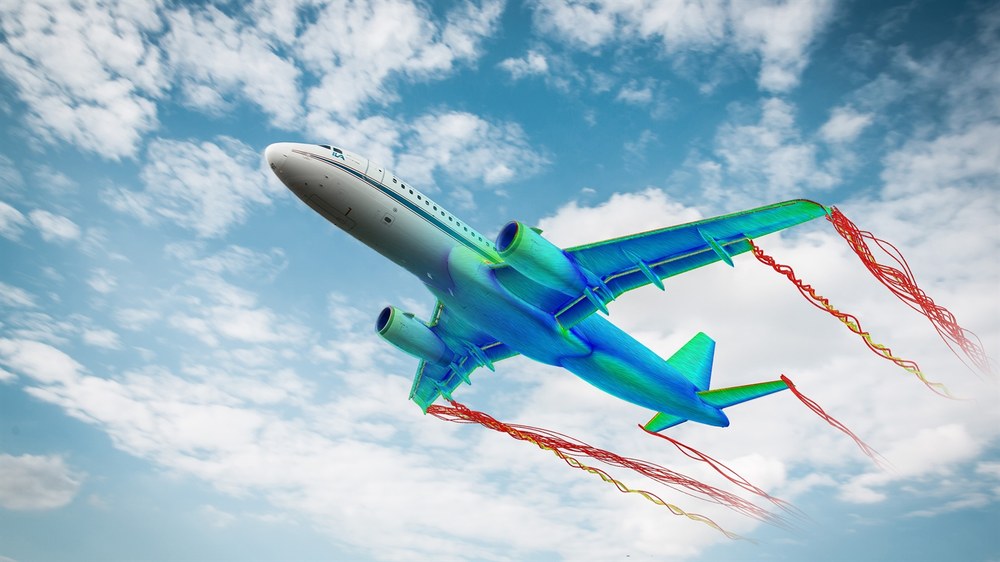Institute of Aerodynamics and Flow Technology

We research and develop key technologies for climate-friendly and energy-efficient transport systems of the future.
Our Institute
The Institute of Aerodynamics and Flow Technology is the main institution for fluid mechanics at the German Aerospace Center (DLR). We are a leading research institute in the fields of aircraft and vehicle aerodynamics, aircraft aeroacoustics, space vehicle aerothermodynamics and wind energy. Our institute is based at two locations - Braunschweig and Göttingen - and has a department in Cologne.
We can look back on a long history. In 1907, Ludwig Prandtl founded the Aerodynamic Research Institute in Göttingen. In 1936, the Institute of Aerodynamics was established at what was then the German Aviation Research Organization in Braunschweig. From these predecessors, the Institute of Fluid Mechanics in Göttingen and the Institute of Design Aerodynamics in Braunschweig then evolved. The two institutes were ultimately merged in 2002 to form what is now the DLR Institute of Aerodynamics and Flow Technology.
Today, more than 350 employees work on theoretical, numerical and experimental research activities of aircraft and space vehicles using both wind tunnels and flight tests.
Our Mission
Environmental considerations are playing an increasingly important role in air transport, and here aerodynamics is proving to be a key technology. Future aircraft will be environmentally friendly, safe, quiet and efficient. Aerodynamics can affect almost all flight characteristics that relate to the environment. This area of research can be used to optimize lift, drag – and thus fuel consumption – speed, range and noise characteristics. The numerical and experimental research work that is conducted at our Institute will contribute towards making the transport systems of the future more economically, viable, environmentally sustainable and comfortable.
We investigate:
- new methods and technologies in aerodynamics and fluid dynamics for aerospace, energy and transport.
We analyze and optimize the entire spectrum of:
- eco-efficient transport aircraft,
- uncrewed aerial vehicles,
- fast and low-noise helicopters,
- air taxis,
- tactical aircraft and missiles,
- next-generation ground vehicles,
- low-noise wind turbines,
- hypersonic aircraft and rockets.
We develop and utilize:
- numerical and experimental methods, wind tunnel experiments and flight tests.
Our Expertise
Our scientific expertise is reflected in seven core scientific areas:
- Multidisciplinary numerical simulation and optimization inflight physics
- Measurement technologies and experimental validation
- Conceptual aircraft design and configuration analysis
- Aerodynamic design and analysis
- Aeroacoustic design and analysis
- Aerothermodynamic design and analysis of hypersonicaircraft and space vehicles
- Aerodynamics of ground-based vehicles and power systems
- Aerodynamic and aeroacoustic design of energy systems
